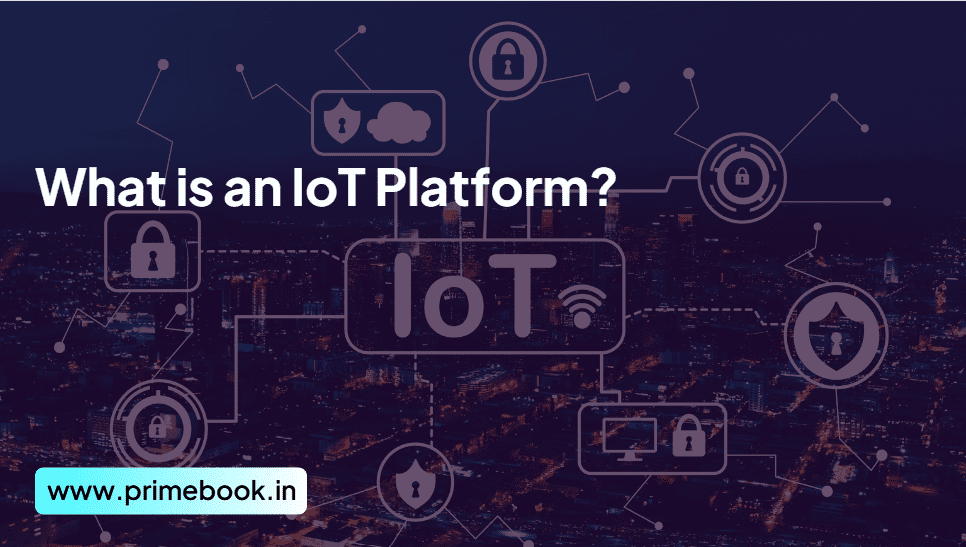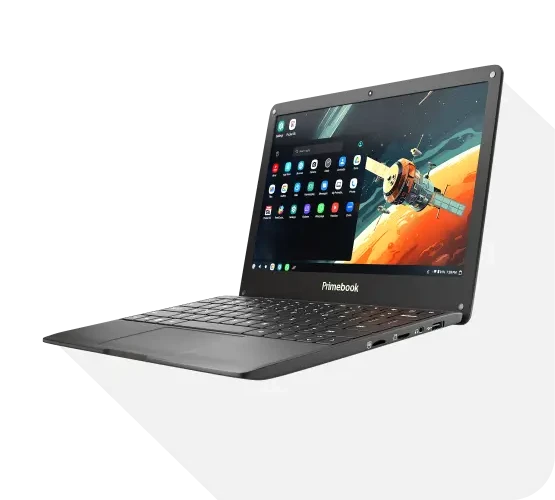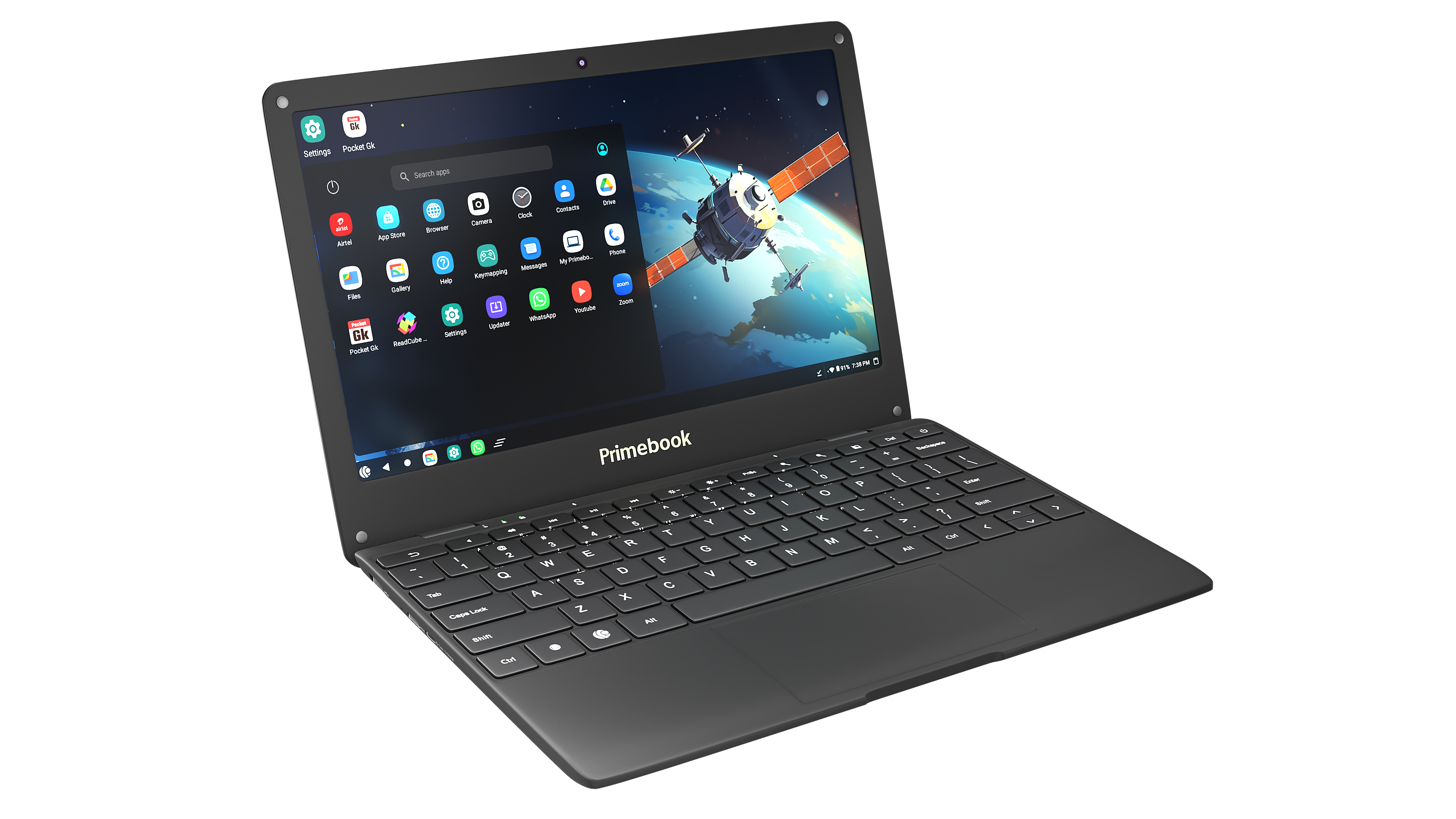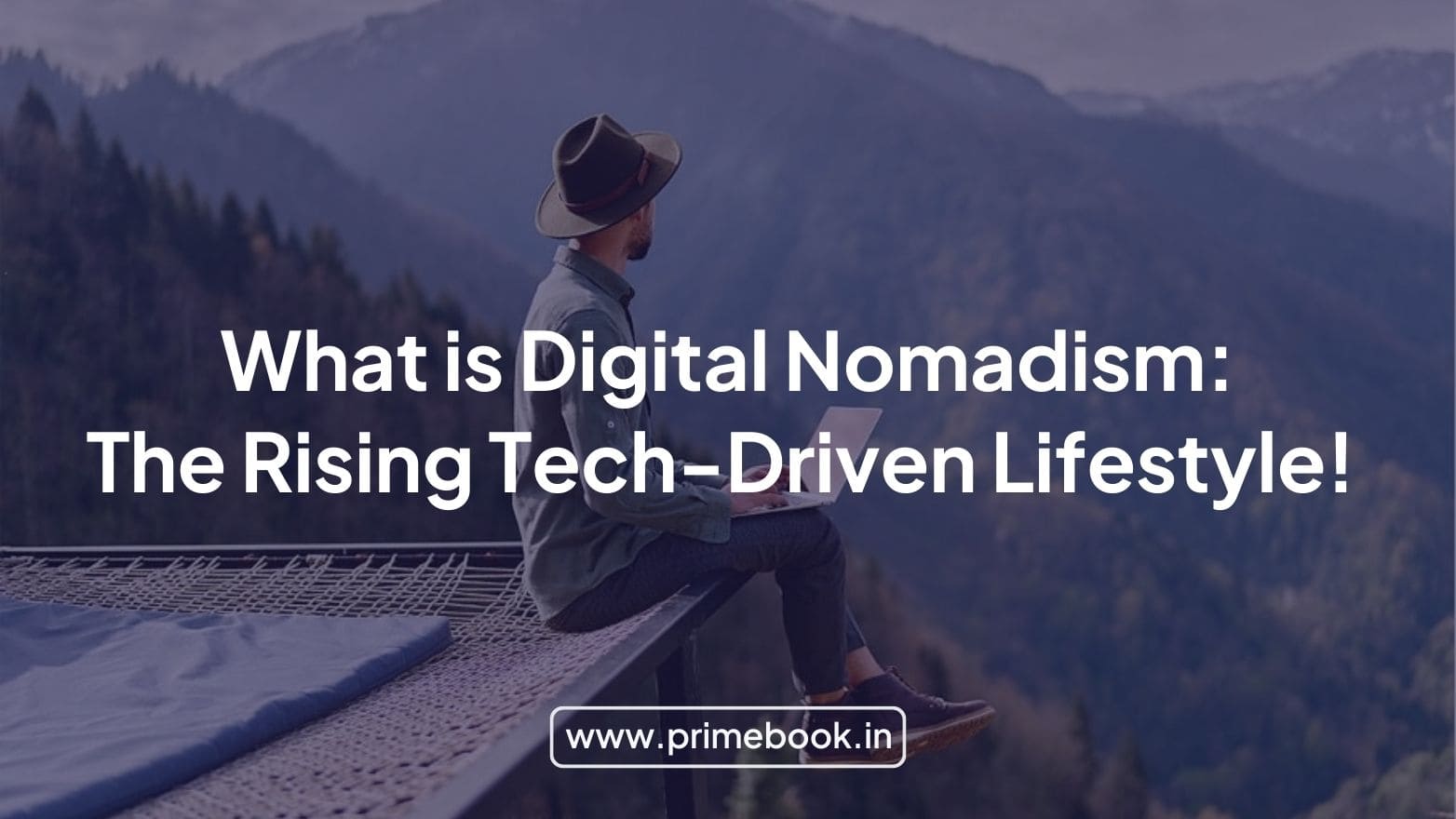Blogs / Trendy Tech Talks / What is an IoT Platform?
Blogs / Trendy Tech Talks / What is an IoT Platform?

Ananya Dasgupta
14 Aug 2024

What is an IoT Platform?
While IoT is a complex ecosystem spanning a network of limitless devices and applications from the physical and digital world, an IoT platform backs the entire connectivity and communication among the different components via one application. It not only helps connect thousands of devices and sensors but also connects a new device to the existing connected bulk. This blog shall feature all you need to know about an IoT platform to create, manage, and enhance the IoT solutions within your business.
What Is An IoT Platform?
An IoT platform is typically the service or application embedding various in-built tools and functionalities to connect all “things” in an IoT ecosystem. In other words, an IoT platform is what offers the entire infrastructure to simplify and harmonize the diverse parts of an IoT system. This platform serves as the main foundation for building and maintaining IoT solutions within your business enterprise.
There are 4 types of IoT platforms, namely – Cloud Platform, also called Application Enablement Platform, IoT Device Platform, IoT Connectivity Platform, and Analytics Platform. Cloud platforms are the most commonly used, which are further categorized into industrial platforms, consumer platforms, high-level drag-and-drop platforms (suitable for prototyping), platforms targeting developers, and more.
Capabilities of An IoT Platform
Irrespective of where your business stands on the IoT journey, an IoT platform holds multiple significant capabilities, and here they go!
Seamless IoT Connectivity
At the heart of IoT, numerous devices are connected using protocols, facilitating information sharing and the generation of new insights. This is where an IoT platform takes the stage to offer seamless and reliable connectivity among diverse device types and protocols. It’s also essential for devices without IoT protocols as it can provide an innovative software development kit for integrating the device with the rest of the IoT ecosystem.
IoT Device Lifecycle Management
An IoT platform takes an enterprise through the entire device lifecycle management process, from planning and onboarding to retirement from a centralized location. While updating and communicating with devices in a secured, controlled, and phased manner stands crucial for an enterprise IoT, an IoT platform enables accessing and monitoring critical information like GPS location or alarms and errors for this definite purpose!
IoT Data Management
Since IoT data is a valuable source of insight for businesses, their customers, customer’s end-users, and partners, an IoT platform can facilitate scalable IoT data management. From data logging and storing to data processing and management of data transactions, an IoT platform can take care of it all. Furthermore, such a platform can manage device actions based on various types of real-time data coming from many devices and locations.
Reliable IoT Integration
An IoT platform isn’t a mere storage for data extracted via IoT sensors. Instead, it’s a salient hub to integrate IoT data with other business systems and processes through robust and intuitive routes. By using an IoT platform, businesses can integrate device data with cloud apps, enterprise apps, big data apps, third-party apps, app ecosystems, and automated actions and workflows across OT and IT assets, that too, without coding.
Efficient IoT Data Analysis
The value of an IoT system depends on how accurate and relevant the data derived from its sensors and devices is! Such data value culminates from precise and efficient data analytics that include historical analysis, real-time analysis, and predictive analysis. This is where an IoT platform helps apply context to the IoT data and reveal useful insights for effective, real-time decision-making.
IoT Application Development
To build and maintain an IoT application, technical expertise, resources, and time are requisite. Here, an IoT platform’s application enablement feature removes the technical hurdles in creating and deploying IoT applications. By using such a platform, businesses can develop custom applications and also extend the platform’s default application to meet a specific business need.
Why Avail of An IoT Platform?
1. IoT platforms empower businesses to start new IoT projects and scale them to the fullest to bring forth efficient customer-centric services and set a competitive edge in the continuously evolving market landscape.
2. An IoT platform lets businesses eliminate technical complexities from IoT projects and subsequently pay heed to real business outcomes.
3. By availing of an IoT platform, enterprises can create an out-of-the-box set of capabilities for IoT solutions which can further be used to culminate differentiating logic and software applications for the business.
In a nutshell, An IoT platform enables you can remotely control and manage your smart, connected devices with access to IoT data both at granular and high levels. It can help integrate the device data with other pre-existing or new business applications or record systems, thereby generating insights that drive impactful decision-making within the business endeavour.


 Related Blog
Related Blog









